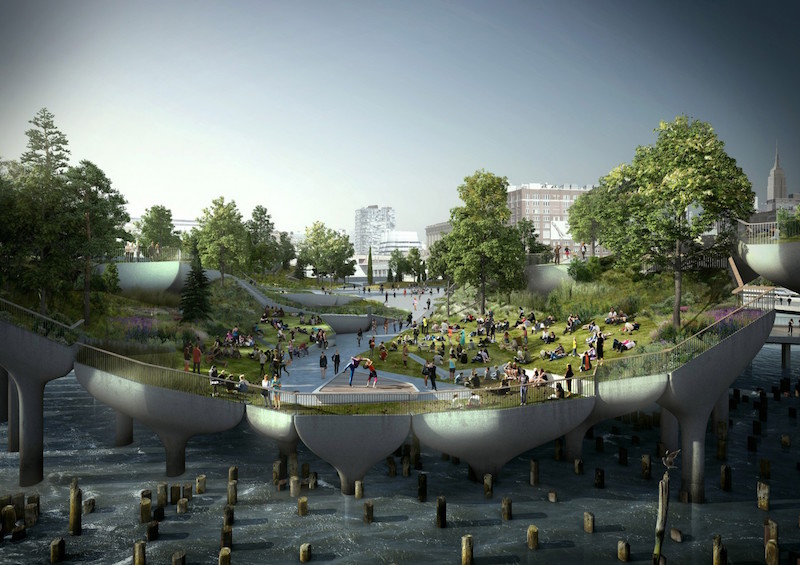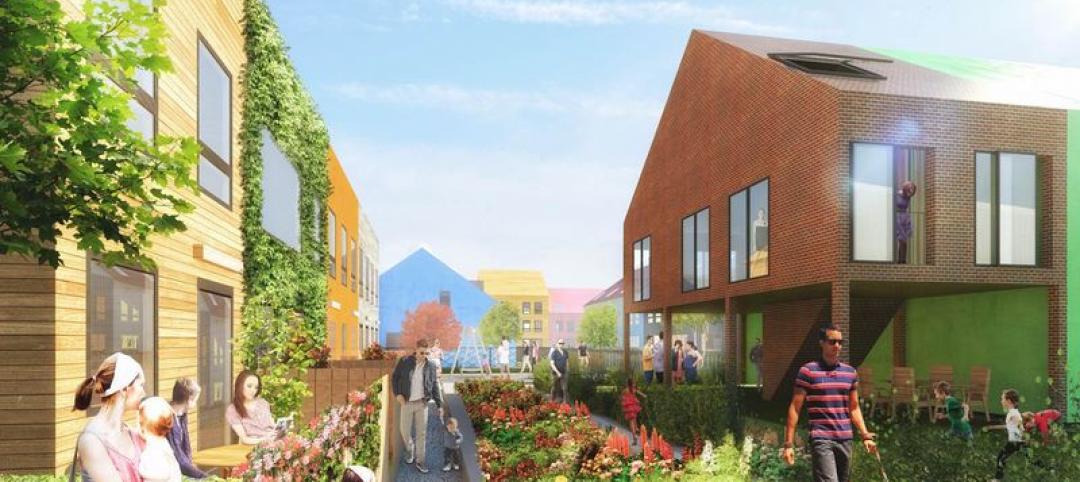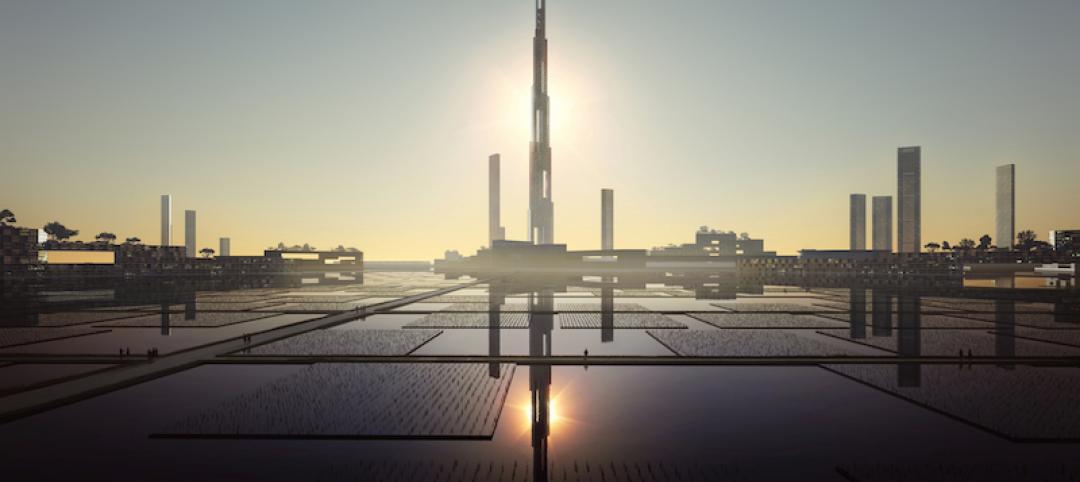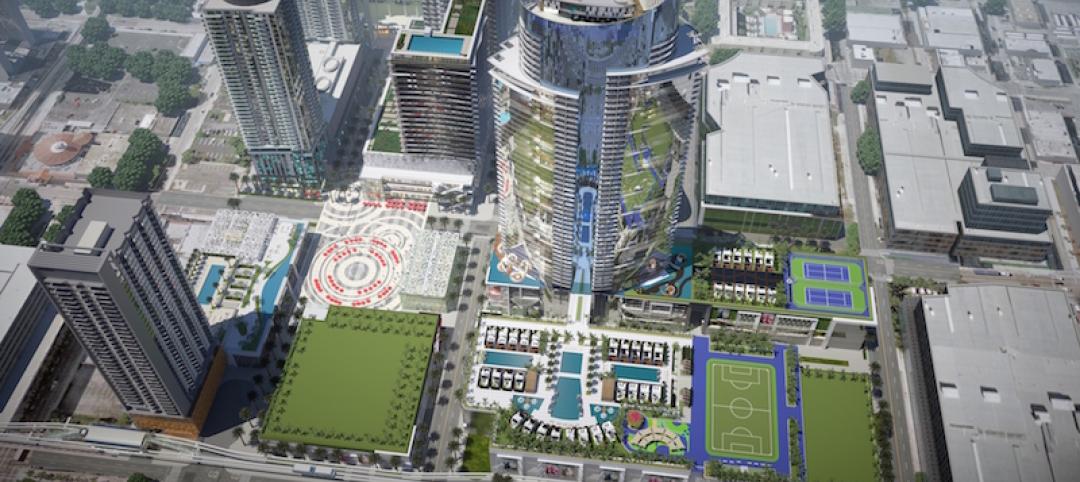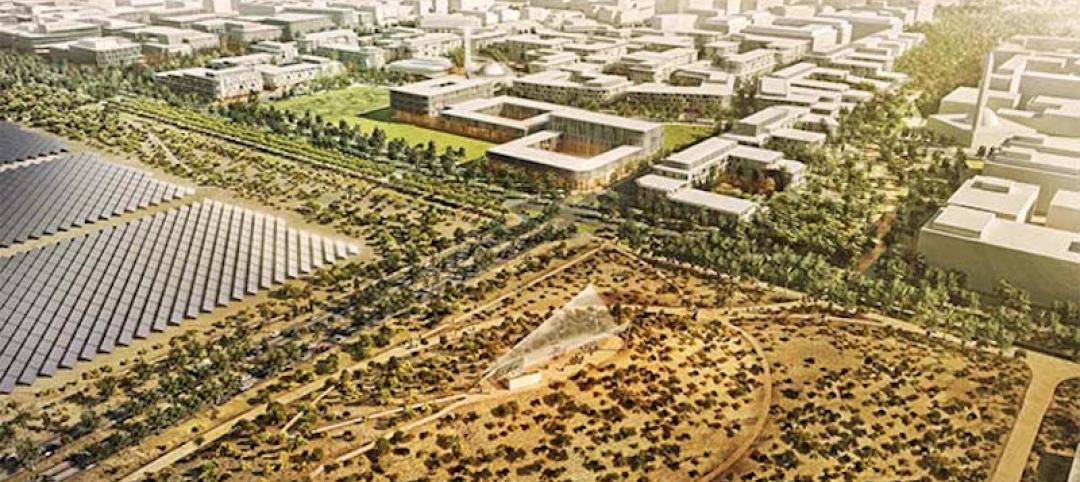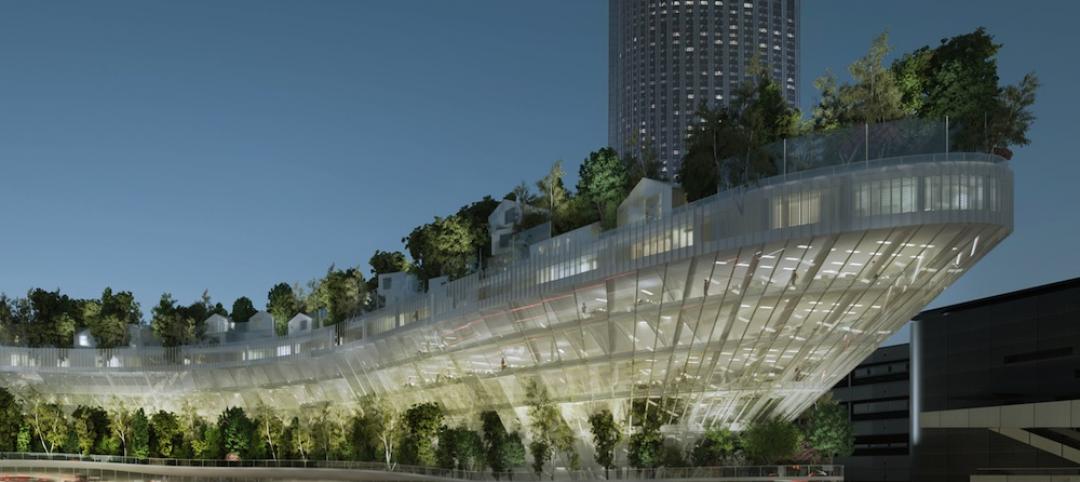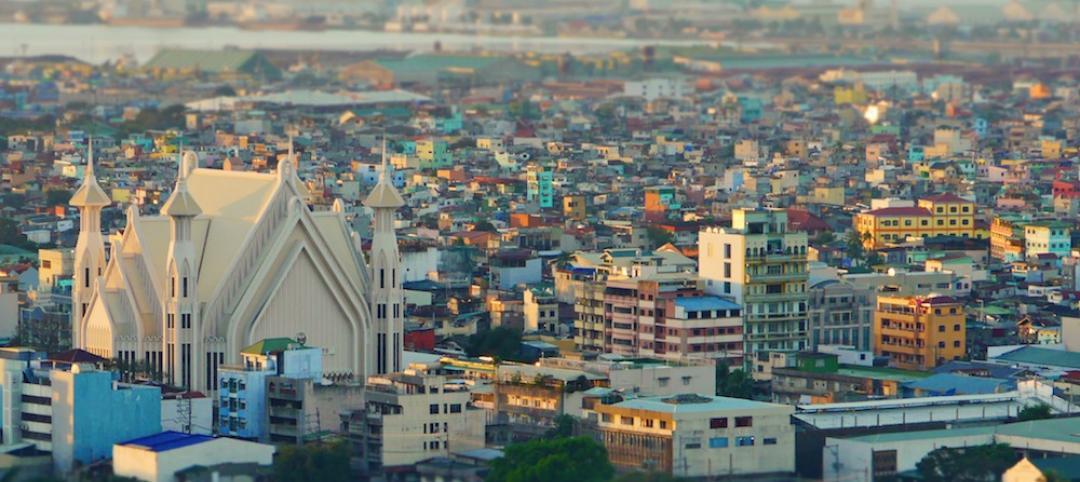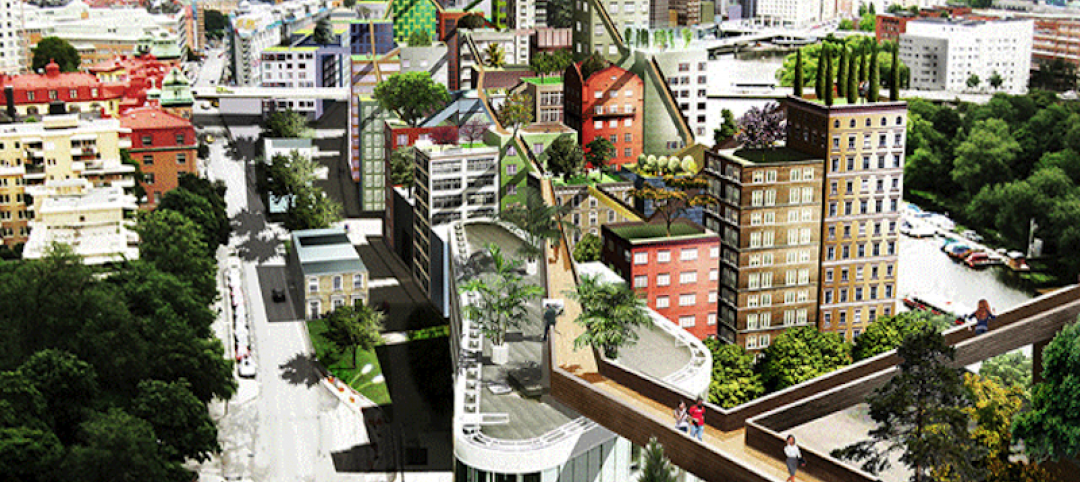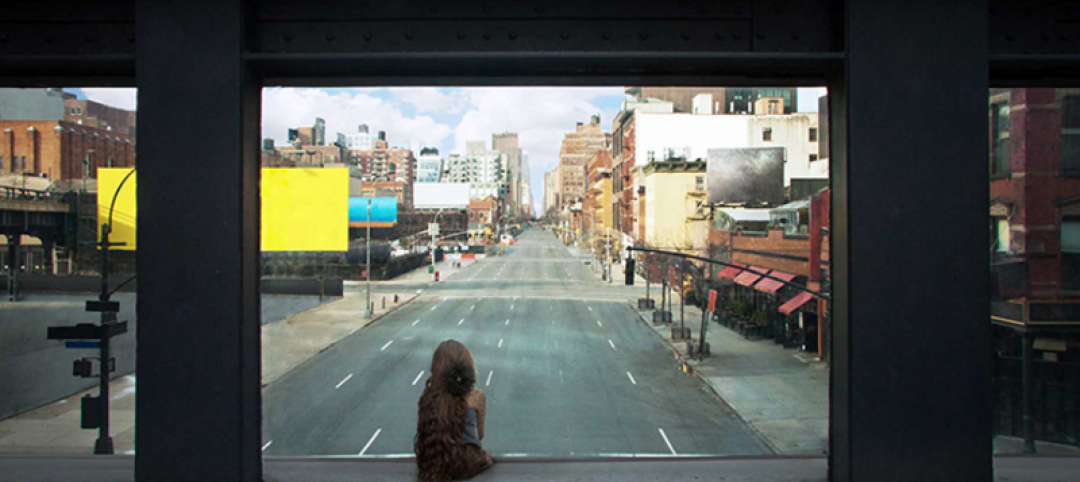Pier 55, a 2.7 acre park rising above the Hudson River on Manhattan’s lower west side, can move forward without hesitation as the New York Court of Appeals has denied City Club of New York’s motion for leave.
The park, whose construction is being privately funded by Diane Von Furstenberg and Barry Diller, has been embroiled in a legal battle almost from the moment of its conception.
The City Club brought forth the lawsuit arguing that just because the project is being privately funded, that doesn’t mean the basic rules of environmental review, public involvement, and the need for competitive bidding can be ignored. City Club also takes issue with the fact that the park will sit atop 550 piles and rise as high as seven stories above the water, fully obscuring a wide-open view of the Hudson.
City Club’s brief focused on the following issues:
- Failure to do an environmental impact statement
- Failure to study cumulative impacts of two related projects, Piers 55 and 57
- Failure to obtain competitive bids
- Failure to comply with legislation to allow reconstruction of Pier 54
- Failure to apply the public trust doctrine, particularly to ensure open public access
City Club says it got into the case because the project illustrates a city-is-for-sale mentality, is illegal under the terms of the Park Act, and bypassed environmental protection laws.
However, the most recent ruling from the Appellate Division may be the end of the lawsuit once and for all, as the Court of Appeals was one of the group’s final avenues for delaying the project, Curbed New York reports.
In a statement, Hudson River Park Trust President & CEO Madelyn Wils referred to the lawsuit as “ill-conceived” while expressing excitement over being able to continue construction on “one of the city’s most spectacular new public spaces.”
 Rendering courtesy of Heatherwick Studio
Rendering courtesy of Heatherwick Studio
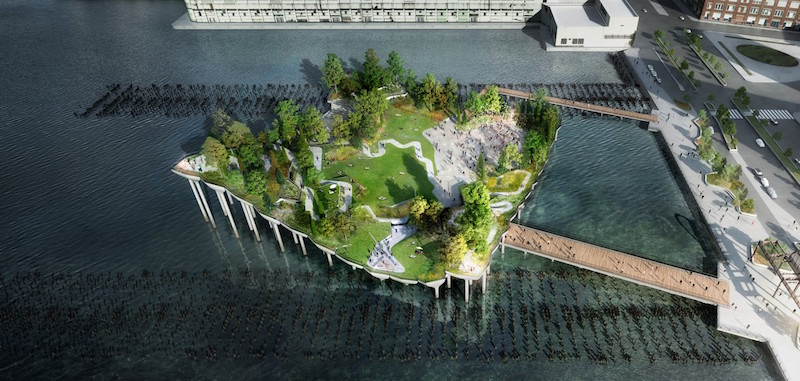 Rendering courtesy of Heatherwick Studio
Rendering courtesy of Heatherwick Studio
Related Stories
Urban Planning | May 4, 2016
Brookings report details how different industries innovate
In the new report, “How Firms Learn: Industry Specific Strategies for Urban Economies,” Brookings' Scott Andes examines how manufacturing and software services firms develop new products, processes, and ideas.
Urban Planning | Apr 19, 2016
MVRDV wants to turn a former US Army barracks in Germany into a model for the future of suburban living
Blending traditional families with young couples and the newly retired, MVRDV hopes to transform traditional suburbs into diverse communities of shared experiences
High-rise Construction | Mar 10, 2016
Bigger, taller, wider: London’s skyline is about to have a major growth spurt
More than 100 tall buildings have been added to the plans for the capital city since this time last year, and the overall number of tall buildings planned for London is now over 400.
High-rise Construction | Feb 25, 2016
Kohn Pedersen Fox wants to build a mile-high tower in Tokyo
The tower would be the centerpiece of Next Tokyo, a mini city in Tokyo Bay adapted to climate change and rising tides.
Mixed-Use | Feb 18, 2016
New renderings unveiled for Miami Worldcenter master plan
The ‘High Street’ retail promenade and plaza is one of the largest private master-planned projects in the U.S. and is set to break ground in early March.
Green | Feb 18, 2016
Best laid plans: Masdar City’s dreams of being the first net-zero city may have disappeared
The $22 billion experiment, to this point, has produced less than stellar results.
Urban Planning | Feb 9, 2016
Winners named in 'reinventing Paris' competition
Architects submitted projects that redeveloped key parts of the city and incorporated green space features.
Urban Planning | Feb 2, 2016
Report identifies 600 cities that will drive economic growth through 2025
Of them, 440 are in emerging economies in China, South Asia, and Southeast Asia.
Urban Planning | Jan 21, 2016
Anders Berensson Architects re-imagines Stockholm as a city of skywalks
The Swedish firm’s "Klarastaden" plan connects the city via clear skyways that weave in and around the city’s buildings.
Urban Planning | Jan 19, 2016
Cities are booming, but do they have what it takes to sustain growth?
While cities are creating new jobs and attracting new residents, there are warning signs that suggest this current urban boom lacks the necessary sustainability that comes with focusing on the macro issues of community, affordibility, and displacement, writes Gensler’s Peter Weingarten.


